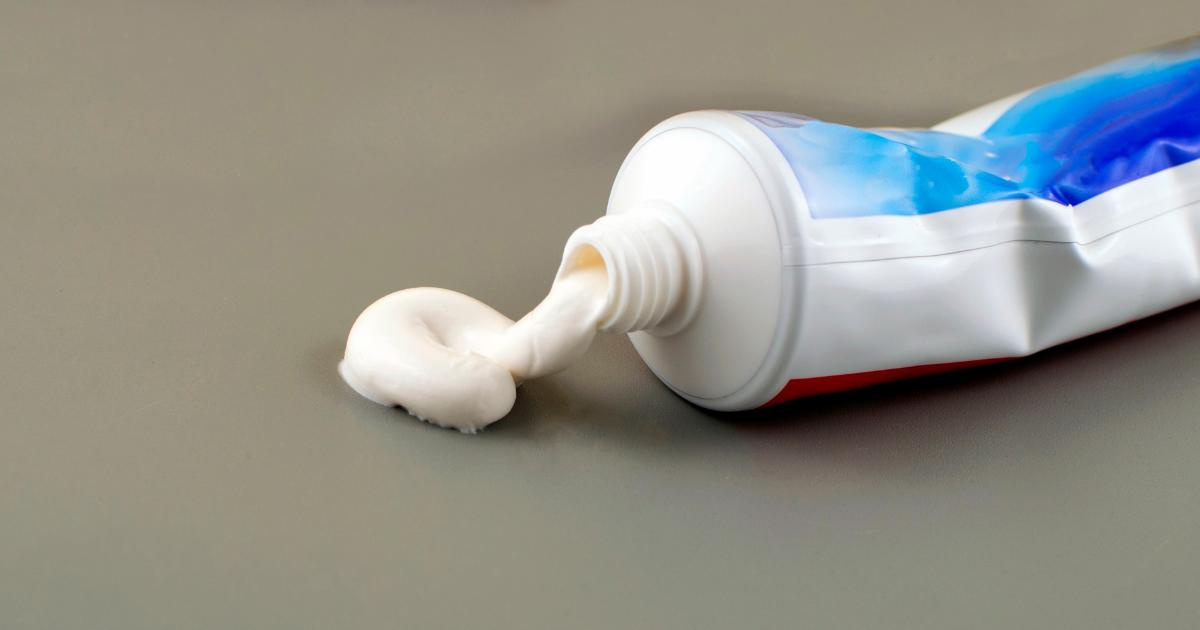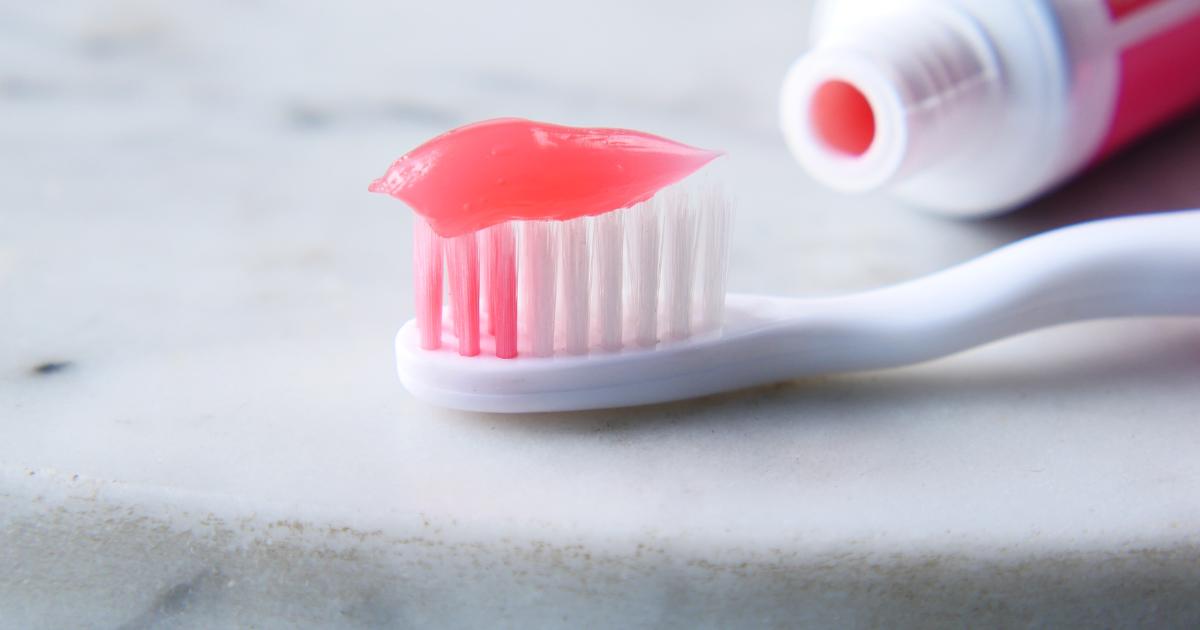Choosing the right toothpaste can feel overwhelming with so many options on the market today. From whitening to sensitivity relief, and from fluoride to natural ingredients, each toothpaste promises something unique for your oral health. The key is to understand your specific dental needs and find a toothpaste that addresses them effectively. In this post, we’ll break down the different types of toothpaste and help you choose the best one for your unique situation.
Advertisement
1. Fluoride Toothpaste: Essential for Cavity Protection
Fluoride toothpaste is the most common and widely recommended option by dental professionals for preventing tooth decay and cavities. Fluoride strengthens the tooth enamel, making it more resistant to acid attacks from plaque and food. It also helps reverse early signs of tooth decay, which is why it’s an essential component of most modern toothpastes.
Why it works: Fluoride helps remineralize the tooth enamel, making it more resistant to decay and promoting overall dental health. It reduces the risk of cavities, the most common dental issue, and strengthens teeth over time. Many toothpaste brands include fluoride as the active ingredient due to its proven effectiveness.
Advantages:
- Prevents cavities: Fluoride actively fights tooth decay by strengthening enamel.
- Widely available: Fluoride toothpaste is easy to find and is affordable.
- Clinically proven: Fluoride toothpaste has been tested and proven to be effective by dental experts.
Disadvantages:
- Not suitable for young children: Fluoride ingestion can cause dental fluorosis in children under 6, so it’s essential to supervise young kids when brushing.

2. Whitening Toothpaste: Brighten Your Smile
Whitening toothpaste is formulated to remove surface stains and lighten the shade of your teeth. These toothpastes often contain mild abrasives that help scrub away stains caused by food, beverages, or tobacco use. They also contain special chemicals or polishing agents that can help keep teeth looking their brightest.
Why it works: Whitening toothpaste works by gently polishing the surface of your teeth to remove surface stains from coffee, tea, wine, or smoking. While it can’t change the natural color of your teeth or bleach them, it’s effective at removing external discoloration. Over time, it can help restore your teeth’s natural whiteness.
Advantages:
- Removes stains: Ideal for those with stains from coffee, tea, or smoking.
- Affordable option: Whitening toothpaste is often less expensive than professional whitening treatments.
- Safe for daily use: Most whitening toothpastes are safe for regular use and gentle on enamel.
Disadvantages:
- Limited whitening effect: It only works on surface stains and doesn’t penetrate deeper discoloration.
- Can be abrasive: Some whitening formulas may be too abrasive if used excessively, leading to enamel wear over time.
Advertisement
3. Toothpaste for Sensitive Teeth: Gentle on Your Gums and Teeth
If you suffer from tooth sensitivity, choosing a toothpaste specifically formulated for sensitive teeth can provide relief. These toothpastes contain special ingredients, like potassium nitrate or strontium chloride, that help block the pathways that lead to nerve endings in your teeth, reducing sensitivity to hot, cold, and sweet foods.
Why it works: Toothpaste for sensitive teeth contains compounds that help desensitize nerves inside your teeth, preventing pain from triggered sensitivities. Over time, these toothpastes can reduce sensitivity and improve comfort when eating or drinking hot or cold items.
Advantages:
- Relieves discomfort: Ideal for those who experience pain or discomfort from hot, cold, or sweet foods.
- Gentle formula: These toothpastes are typically milder than regular formulations, making them more suitable for sensitive gums and teeth.
- Preventive benefits: Regular use can help reduce sensitivity in the long term.
Disadvantages:
- Slower results: It may take several weeks of consistent use to see significant improvement in sensitivity.
- Less effective for severe cases: While sensitive toothpastes can help, they might not completely resolve severe sensitivity issues, which may require professional treatment.

4. Natural Toothpaste: For Those Seeking an Organic Approach
Natural toothpastes have gained popularity among people who prefer a more organic approach to oral care. These toothpastes often contain plant-based ingredients, such as aloe vera, tea tree oil, or baking soda, and are free from artificial colors, flavors, and preservatives. Natural toothpaste is a good option for those who are looking for an eco-friendly or chemical-free product.
Why it works: Natural toothpaste relies on the cleansing power of natural ingredients. For example, baking soda can help with stain removal, while tea tree oil has antibacterial properties that can fight plaque and bacteria. However, most natural toothpaste brands still include fluoride for cavity protection, although some fluoride-free options are available.
Advantages:
- Free from harsh chemicals: Ideal for those who are sensitive to synthetic chemicals or prefer an organic routine.
- Eco-friendly: Many natural toothpastes come in recyclable or biodegradable packaging.
- Natural antibacterial properties: Ingredients like tea tree oil and aloe vera can fight bacteria and support gum health.
Disadvantages:
- Fluoride-free options: Many natural toothpaste brands avoid fluoride, which can make them less effective at preventing cavities.
- Varied effectiveness: Some natural ingredients may not work as effectively as conventional toothpaste formulas, particularly for whitening or cavity prevention.
Advertisement
5. Tartar Control Toothpaste: Prevent Plaque Build-up
Tartar control toothpaste is designed to prevent the build-up of tartar (hardened plaque) on your teeth. This type of toothpaste typically contains chemical compounds like pyrophosphates or zinc citrate, which help reduce the accumulation of plaque that can lead to tartar. Regular use of tartar control toothpaste can help maintain a cleaner smile and reduce the risk of gum disease.
Why it works: Tartar control toothpaste works by preventing plaque from hardening into tartar, which can lead to tooth decay and gum disease. Regular brushing with tartar control toothpaste can keep your teeth cleaner and healthier by reducing plaque build-up and preventing tartar formation.
Advantages:
- Prevents tartar: Helps to keep your teeth free from the hardened plaque that can lead to gum disease.
- Supports gum health: Reduces plaque buildup along the gumline, which can help prevent gingivitis and other gum-related issues.
- Effective against bad breath: By preventing plaque buildup, it helps reduce the bacteria that cause bad breath.
Disadvantages:
- Can be abrasive: Some tartar control formulas may be more abrasive, potentially leading to enamel erosion if used excessively.
- Might not reverse existing tartar: While it prevents new tartar build-up, it won’t remove existing tartar. Professional cleaning is required for that.
Final Thoughts
Choosing the right toothpaste depends on your specific oral health needs. If you’re concerned about cavities, fluoride toothpaste is your best option. For brighter teeth, whitening toothpaste will help remove surface stains, while sensitive toothpaste offers relief for those with tooth sensitivity. Natural toothpastes provide a more organic approach, and tartar control toothpaste helps prevent plaque and gum issues. No matter your choice, make sure to choose a toothpaste that aligns with your oral health goals and consult your dentist for personalized recommendations.
References:
- American Dental Association. “How to Choose the Right Toothpaste.” ADA, 2023. https://www.ada.org.
- Mayo Clinic. “Toothpaste for Sensitive Teeth: Benefits and Options.” Mayo Clinic, 2024. https://www.mayoclinic.org.
- WebMD. “The Best Toothpaste for Your Needs.” WebMD, 2023. https://www.webmd.com.


